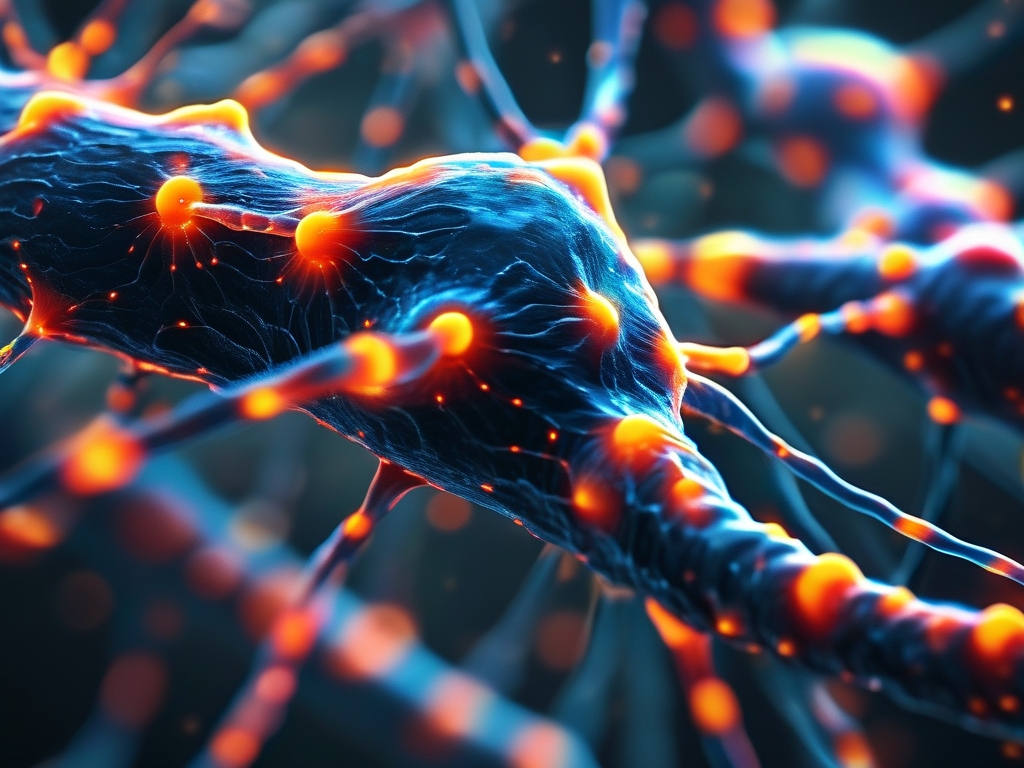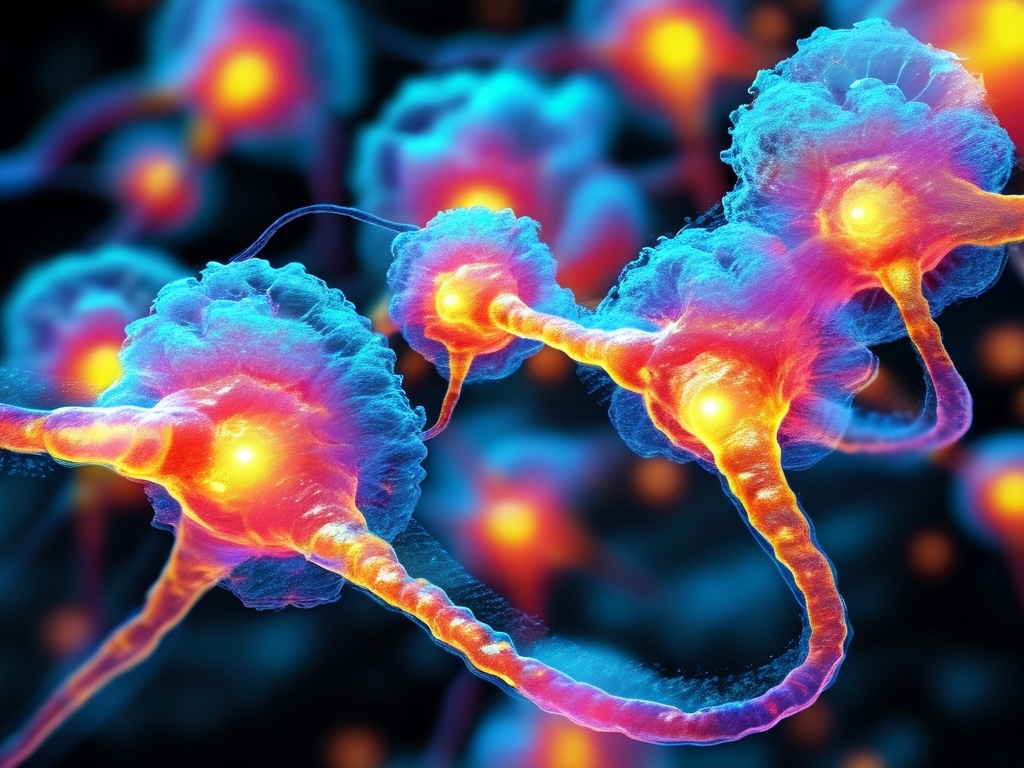In the rapidly evolving field of artificial intelligence and algorithm development, few names resonate as profoundly as Pan Jing. As a distinguished algorithm engineer, Pan Jing has carved a niche for herself through groundbreaking contributions to machine learning, data optimization, and AI-driven solutions. This article delves into her professional journey, technical expertise, and the transformative impact of her work on industries ranging from healthcare to autonomous systems.

Early Education and Foundational Expertise
Pan Jing’s journey began with a robust academic foundation. She earned a Bachelor’s degree in Computer Science from Tsinghua University, where she developed a fascination for algorithmic problem-solving. Her undergraduate thesis on neural network optimization caught the attention of professors and industry experts alike, paving the way for a Master’s degree in Artificial Intelligence at Stanford University. At Stanford, she immersed herself in advanced coursework on deep learning, natural language processing (NLP), and reinforcement learning, while collaborating on research projects that explored real-time decision-making algorithms for robotics.
Career Trajectory: From Innovator to Industry Leader
After completing her studies, Pan Jing joined a Silicon Valley startup specializing in autonomous vehicle technology. As a junior algorithm engineer, she designed predictive models to improve object detection systems, reducing error rates by 27% in complex urban environments. Her work directly contributed to the company’s successful Series B funding round and cemented her reputation as a rising star in AI engineering.
In 2018, Pan Jing transitioned to a senior role at a global tech conglomerate, where she led a team tasked with optimizing recommendation algorithms for e-commerce platforms. Her innovative use of graph neural networks (GNNs) to map user behavior patterns increased click-through rates by 34%, generating millions in additional revenue. This project also earned her a patent for a novel algorithm that dynamically adjusts recommendations based on real-time data streams.
Pioneering Contributions to AI and Machine Learning
Pan Jing’s most celebrated achievement came in 2021, when she developed a federated learning framework to address data privacy challenges in healthcare AI. By enabling decentralized model training across hospitals without sharing sensitive patient data, her solution revolutionized medical diagnostics. Hospitals using her framework reported a 40% improvement in detecting early-stage cancers from imaging data, while maintaining strict compliance with privacy regulations. This work not only garnered industry awards but also inspired collaborations with the World Health Organization (WHO) to deploy her technology in underserved regions.
Another milestone was her leadership in creating an open-source library for time-series forecasting. The library, now widely adopted by data scientists, simplifies the implementation of hybrid models combining ARIMA, LSTM, and transformer architectures. Pan Jing’s commitment to democratizing AI tools reflects her belief that “innovation thrives when knowledge is accessible to all.”
Industry Impact and Thought Leadership
Beyond technical prowess, Pan Jing is a vocal advocate for ethical AI development. She has spearheaded initiatives to audit algorithmic bias in hiring platforms, partnering with NGOs to create fairness-aware evaluation metrics. Her keynote speeches at conferences like NeurIPS and AAAI emphasize the importance of transparency and accountability in AI systems.
In 2023, she co-founded an AI ethics consultancy that advises governments and corporations on responsible AI deployment. One notable project involved redesigning a facial recognition system for law enforcement to reduce racial bias, achieving a 90% accuracy parity across demographic groups.
Philosophy and Future Vision
Pan Jing often attributes her success to a relentless curiosity and interdisciplinary approach. She actively collaborates with neuroscientists and behavioral economists to explore biologically inspired algorithms, arguing that “the next leap in AI will come from understanding human cognition.” Looking ahead, she aims to tackle climate change through AI-powered energy grid optimization and carbon footprint prediction models.
Pan Jing’s career embodies the transformative potential of algorithm engineering. From enhancing autonomous systems to safeguarding ethical AI, her work bridges technical excellence with societal impact. As industries increasingly rely on intelligent systems, visionaries like Pan Jing will continue to shape the frontier of what machines can achieve—and how they serve humanity.









